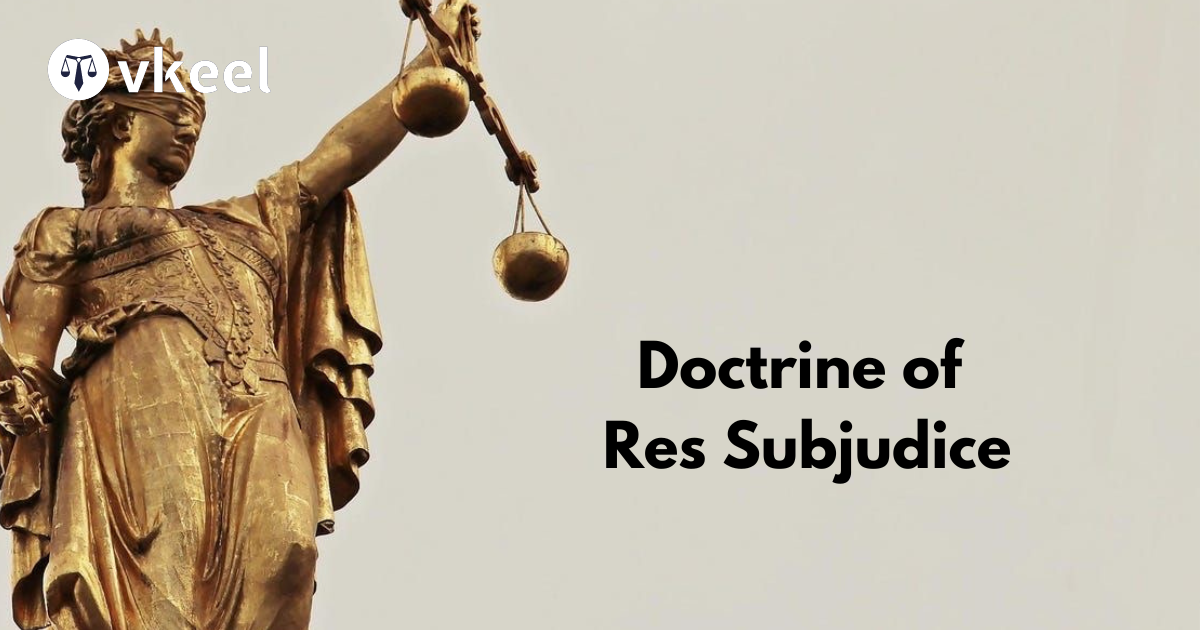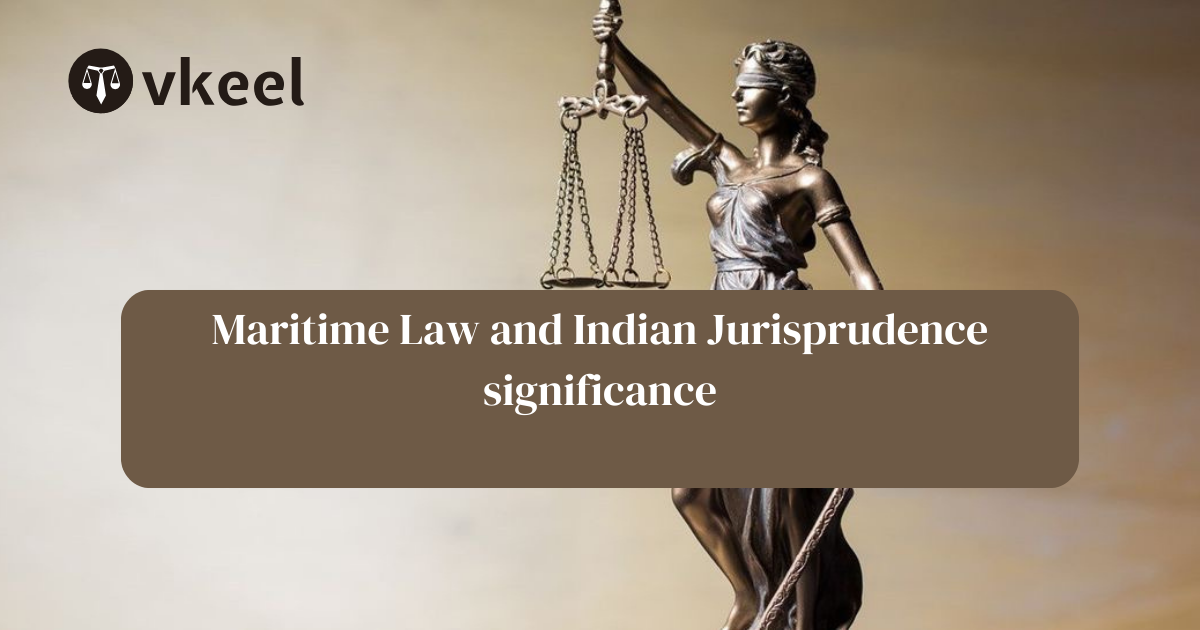Doctrine of Res Subjudice
By Joy Puri
Introduction
The doctrine of res subjudice can be traced back in the principles of judicial domain and fairness around the legal systems existent globally. Taking birth from the Roman law and refined through the evolution of common law, it exists to prevent courts from adjudicating and judging on matters that are already the subject of ongoing litigation elsewhere in the respective country.
Talking about the Roman law, the aforementioned concept of res subjudice came up as part of wider legal principles targeting at orderly dispute resolution processes. The roman jurists caught the importance of avoiding conflicting decisions and judicial chaotic scenarios by requiring that once a matter was brought before a competent court, other courts should refrain from hearing the same issue, maintaining the judicial efficiency thereof.
This doctrine then further emerged as the fundamental pillar of legal development in the legal systems in the aftermath, in order to commit to the principles of justice.
Meaning and Concept of the Doctrine
Taking the concept in the Indian law, the principle of “res subjudice” comes out as a crucial role in protecting and safegaurding the integrity of ongoing judicial proceedings in the legal scenarios. It is codified under Section 10 of the Civil Procedure Code, 1908 (CPC).
This provision ordains that whenever in a situation, where a matter is already pending before a court of competent jurisdiction, no other court shall entertain or proceed with any suit or proceeding involving the same issues between the same parties.
The doctrine pragmatically reflects that behind res subjudice lies the foundational principle of preventing conflicting decisions and ensuring judicial efficiency. By prohibiting the exact similar cases and consideration of identical disputes in multiple forums, Section 10 promotes judicial consistency and avoids unnecessary duplication of efforts by the concerned authorities. This is particularly relevant in cases where the resolution of a legal issue by one court could potentially undermine or contradict the decision of another.
In furtherance to the aforementioned details, Section 10 of the CPC focuses on the crux of judicial economy by directing parties to consolidate their claims and defenses in a single court. The application of the doctrine of res subjudice extends beyond the civil suits to various legal proceedings in the court, including criminal cases and arbitration cases.
Need of Res Subjudice
In a country like India, the courts of law are flooded with numerous cases and resolving the disputes which emerge out in the society, the presence of Res Subjudice scales out to extend its support in the needed time by disposing off the duplicate cases arising thereof.
The doctrine preserves and protects the jurisdictional boundaries of the courts in India by demarcating the scope of every jurisdiction. Jurisdiction implies to the territorial and pecuniary boundaries set by the legislature within which a court of law can opine its respective limitations and advancement to secure the aim of justice.
The antecedent doctrine further helps to the prevention of malicious prosecution by the miscreants who allege false cases on innocents, the victims of malicious prosecution.
It further promotes the finality and the certainty of the precedents set off in the previous cases, thereby outlining the integrity of the country’s judicial system.
Conclusion
If seen from a broader perspective, the doctrine of res subjudice contributes to maintaining the stability and predictability of the legal system of India. By respecting the principle, individuals and organizations earn confidence that their legal rights will be adjudicated fairly and consistently by the respective courts of law. This boost of confidence is crucial for safeguarding the trust in the judiciary and maintaining the rule of law within society thereof.
Digging in deeper in the realm of law, res subjudice is applied through legal rules and procedures that restrict public commentary, media reporting, or any actions that could potentially influence ongoing judicial proceedings in the court.
Courts are conferred the powers to issue orders or injunctions to enforce compliance with this principle, ensuring that the integrity of their decisions is preserved in the country.
Disclaimer:
The information provided in the article is for general informational purposes only, and is not intended to constitute legal advice or to be relied upon as a substitute for legal advice. Furthermore, any information contained in the article is not guaranteed to be current, complete or accurate. If you require legal advice or representation, you should contact an attorney or law firm directly. We are not responsible for any damages resulting from any reliance on the content of this website.










